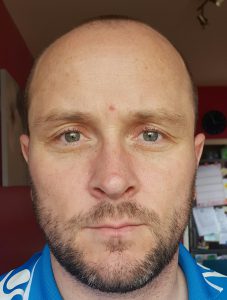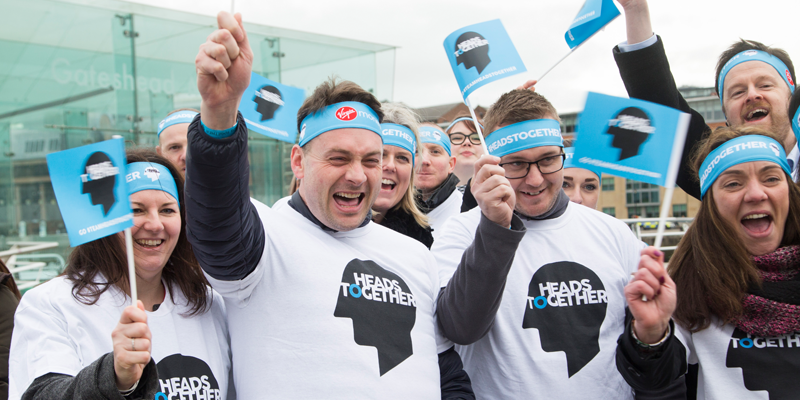This World Poetry Day Heads Together wants to show that poetry can be a way to start a conversation on mental health by showcasing poets that uses poetry as a way to tackle difficult topics surrounding mental health.
We want to show people that there are many different ways to talk about mental health and start conversations. Sometimes, writing your thoughts down creatively can be a way of speaking about things that you may be struggling to put into words.
We are asking people to get involved and share their poetry and poems that have helped them by tweeting us and using #HeadsTogetherPoetry
The power of words
Hussain Manawer
Hussain is a poet and mental health advocate. He is passionate about raising awareness of mental health issues and tackling the stigma that surrounds mental illness. Find out more about the work that Hussain does here.
Hollie McNish
“I don’t know about anyone else, but for me, without poetry, the frustrations and worries and heartaches and confusions and also joys would’ve been all locked up inside me desperate for a way out. This has always been my way to release them.”
Poetry and mental health

“When I write a poem that expresses what I struggle to express in every day life and I perform it… it is magical. As a woman of colour, i know what it is to struggle to breathe in the world as it has been crafted for me. So it essential for me to find ways to reach others that feel alone. With mental illness it is so easy to lose a sense of yourself and when I perform, I find the need to tell stories truthfully so desperate and urgent that it becomes impossible to hide. I end up finding myself every time I perform, reflected back at me in shining eyes. If my audience is with me, it means I’ve found myself on stage. I am grateful to poetry for that. Allowing me to shape my own story. Shapes. Because writing has this power to remind me time and time again that I am made of stronger stuff than I know… and everyone deserves to be reminded of that. Where there is breath, there is hope.
Find me under the sky and let’s write together.”
-Rachel Nwokoro, Poet
 “For me, when I sit down and write about my battle with depression and anxiety, I write down just exactly what I’m going through, how it makes me feel, my thoughts etc, trying to describe it as best I can going by own personal experience, and then I create a poem with the words.
“For me, when I sit down and write about my battle with depression and anxiety, I write down just exactly what I’m going through, how it makes me feel, my thoughts etc, trying to describe it as best I can going by own personal experience, and then I create a poem with the words.
I find it helps me see it better, a lot of the time my head would be so full and loud with all sorts of things, I just can’t switch off, therefore my head is very rarely clear, getting a pen and transferring it from my head to paper and in to a poem, relieves it slightly, because then I am seeing it on paper and I can then look at it better and try work it out and work through it, and it clears up some space in my clouded , and crowded mind. ”
-Dean Irwin, Poet
Read Dean’s poem on Depression here.

“For me, clinically depressed for 20 years, writing poetry is the one thing that restores my equilibrium when I am coming out of a dark, silent period; a process of regeneration through which my positive self confirms its return. In this sense, words popping up on a blank screen are the best test of well-being I know. At this stage, I couldn’t care less about their quality or worth. If I can just lay them out in order – and in doing so have a vital conversation with my feelings – I am assured that all will soon be well again, that joy is returning to correct the wonky scales.”
-Daniel Roy, Poet
Daniel Roy Connelly’s memoir, ‘Extravagant Stranger’ will be published by Little Island Press in July 2017. Read more about Daniel’s work here.




